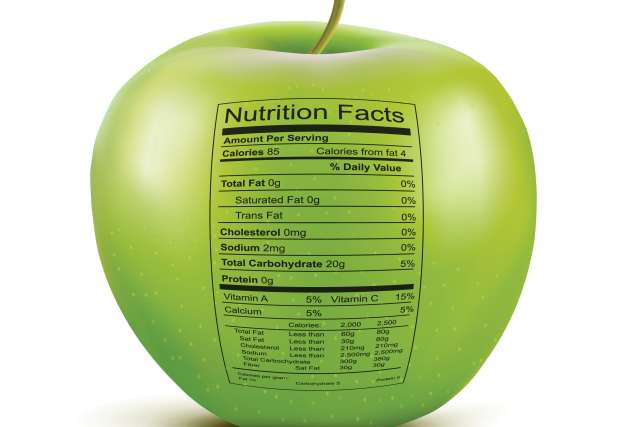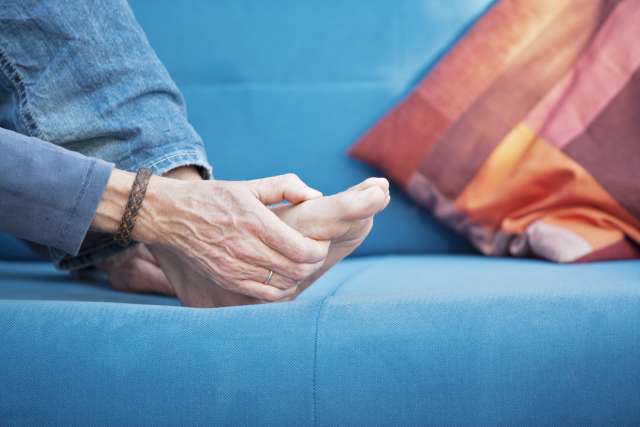Dear Doctors: I'm starting a low-carb diet to lose weight, and I plan to incorporate cheat days to help me stick with it. I don't see anything wrong with that, but my sister says cheat days are bad for your health, and that they teach you bad habits. Is that true? What is considered a cheat day?
Dear Reader: While the term “cheat day” doesn't have a formal definition, the meaning is clearly implied. It's a temporary break from whatever dietary plan someone is following on a regular basis. For many people, a cheat day includes stepping away from the caloric restrictions that go along with a weight-loss strategy. But when it comes to specifics, those depend on each individual.
Let's focus on the low-carb diet you are planning to follow. In that case, a cheat day suggests an increase in carbohydrate-rich foods. And that leads to an important question: What kind of carbs? It might mean indulging in unlimited complex carbs, such as fruit, vegetables and leafy greens. People following low-carb diets often talk about craving a crisp apple, a juicy peach or an abundant and colorful salad. But for many people on this type of diet plan, a cheat day opens the door to the world of simple carbs. That means snack foods, bread products and sweets such as candy, ice cream and baked goods.
The sudden addition of complex carbs on a cheat day may lead to a bit of gas and bloating. However, the fiber these foods contain will help with blood sugar control, which is an important factor when it comes to carbs.
A free-for-all of simple carbs, by contrast, will cause blood sugar levels to spike and, as the body responds with insulin, to quickly fall. This stresses the body and often leads to fatigue, irritability, headache and decreased alertness. Depending on caloric intake and frequency, cheat days can slow, impede and even reverse your progress.
When you think about it, a diet has two goals. One is to reach a healthful weight. The other, equally important and notoriously tricky, is to maintain that healthful weight long-term. We suggest that, with a bit of planning, the cheat days you have scheduled into your diet can be a great opportunity. Instead of giving in to cravings, use these days as a platform to practice post-diet eating. And, yes, that includes having treats and sweets.
Over the years of our practices, we have found an 80/20 rule regarding nutrition to be highly effective. That is, 80% of the time, eat balanced meals high in complex carbs, lean proteins and healthful fats. That leaves a 20% window for indulgences when dining out, on vacations and during holidays.
You can tweak this a bit by limiting simple carbs to 20% of your cheat day food. It will satisfy cravings and still treat your body kindly. It will also lay the groundwork for a new lifelong habit, one that will serve you well once you've reached your healthy weight and left the diet behind.
(Send your questions to [email protected], or write: Ask the Doctors, c/o UCLA Health Sciences Media Relations, 10960 Wilshire Blvd., Suite 1955, Los Angeles, CA, 90024. Owing to the volume of mail, personal replies cannot be provided.)





